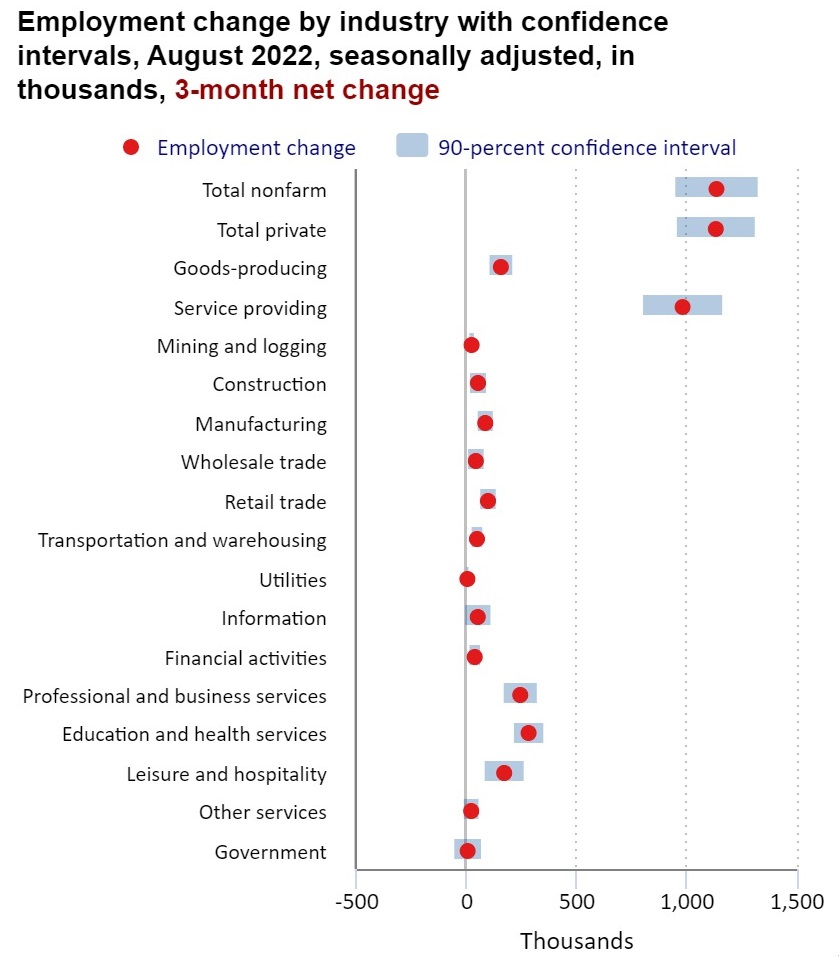Latest News by Industry
Technology
Show more
Stock market today: Wall Street slips in final days of a banner year for US stocks
Stocks fell on Wall Street as a strong year for the market looks set to end on a sour note
•
Dec 30, 2024
Richard Parsons, prominent executive who led Time Warner and Citigroup, dies at 76
Richard Parsons, one of corporate America’s most prominent Black executives who held top posts at Time Warner and Citigroup, has died
•
Dec 28, 2024
Stock market today: Wall Street slips as the 'Magnificent 7' weighs down the market
Stocks are closing lower as Wall Street ends a holiday-shortened week on a down note
•
Dec 27, 2024
Oil & Gas
Show more
Stock market today: Wall Street slips in final days of a banner year for US stocks
Stocks fell on Wall Street as a strong year for the market looks set to end on a sour note
•
Dec 30, 2024
China sanctions 7 companies over US military assistance to Taiwan
The Chinese government has placed sanctions on seven companies in response to recent U.S. announcements of military sales and aid to Taiwan, the self-governing island that China claims as part of its territory
•
Dec 27, 2024
Trump's picks for key positions in his second administration
President-elect Donald Trump has filled key posts for his second term in office, prioritizing loyalty to him after he felt bruised and hampered by internal squabbles during his first term
•
Dec 11, 2024
Healthcare
Show more
Stock market today: Wall Street slips as the 'Magnificent 7' weighs down the market
Stocks are closing lower as Wall Street ends a holiday-shortened week on a down note
•
Dec 27, 2024
Enzo Biochem: Fiscal Q1 Earnings Snapshot
•
Dec 16, 2024
Justice Department sues to block UnitedHealth Group's $3.3 billion purchase of Amedisys
The Justice Department is suing to block UnitedHealth Group’s $3.3 billion purchase of Amedisys
•
Nov 12, 2024
Manufacturing
Show more
Stock market today: Wall Street slips as the 'Magnificent 7' weighs down the market
Stocks are closing lower as Wall Street ends a holiday-shortened week on a down note
•
Dec 27, 2024
Stock market today: Wall Street drifts to a mixed close in thin trading following a holiday pause
Stock indexes drifted to a mixed finish on Wall Street as some heavyweight technology and communications sector stocks offset gains elsewhere in the market
•
Dec 27, 2024
How the stock market defied expectations again this year, by the numbers
What a wonderful year 2024 has been for investors
•
Dec 26, 2024
Finance Insurance & Real Estate
Show more
Richard Parsons, prominent executive who led Time Warner and Citigroup, dies at 76
Richard Parsons, one of corporate America’s most prominent Black executives who held top posts at Time Warner and Citigroup, has died
•
Dec 28, 2024
JPMorgan, Wells Fargo, BofA facing federal lawsuit over Zelle payment network fraud
A federal regulator has sued JPMorgan Chase, Wells Fargo and Bank of America
•
Dec 20, 2024
Stock market today: Wall Street trims its stellar gains as Nvidia's star dims again
U.S. stock indexes trimmed some of their stellar gains for the year
•
Dec 17, 2024
Retail
Show more
Value-seekers drove 2024's retail trends and dead ends
Value was in vogue in 2024
•
Dec 30, 2024
Big Lots reaches deal to keep hundreds of US stores open
The discount chain Big Lots has reached a deal that will keep hundreds of its stores open
•
Dec 28, 2024
Stock market today: Wall Street drifts to a mixed close in thin trading following a holiday pause
Stock indexes drifted to a mixed finish on Wall Street as some heavyweight technology and communications sector stocks offset gains elsewhere in the market
•
Dec 27, 2024
Transportation
Show more
The internet is rife with fake reviews. Will AI make it worse?
Researchers and watchdog groups say the emergence of generative artificial intelligence tools that allow people to efficiently produce detailed and novel online reviews has put merchants, service providers and consumers in uncharted territory
•
Dec 23, 2024
Stock market today: Wall Street cruises to more records as it closes its best week in a year
U.S. stocks cruised to more records as they closed their best week in a year
•
Nov 8, 2024
Expedia: Q3 Earnings Snapshot
•
Nov 7, 2024





